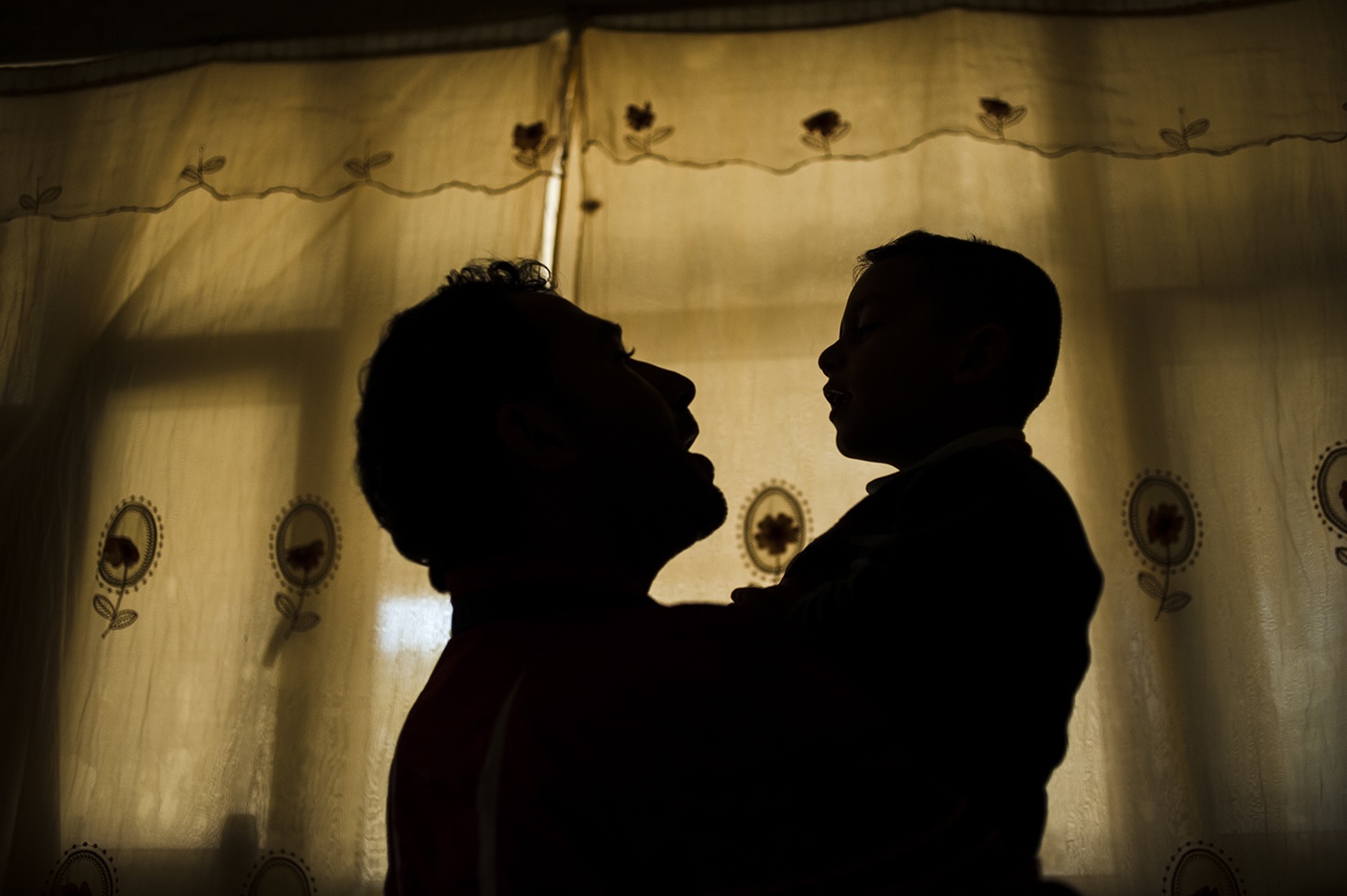
While many Syrian refugees from Turkey, Lebanon and Jordan risk their lives leaving the three host countries to Europe, 339,639 out of 4.9 million Syrian refugees are sheltered in Iraqi Kurdistan and they enjoy the freedom, security and equal employment opportunities under the Kurdistan Regional Government (KRG) “Refugees Welcome” policy.
According to the latest figure from KRG, around 1.9 million IDPs and refugees have registered by the KRG authorities, 96 percent of all Syrian refugees in Iraq are hosted by KRG. Earlier this year (UNHCR) and their partners appealed under the 2017/2018 3RP for $228 million ($162m for the refugee portion of the plan and $65m for the resilience portion), in order to fund their projects (UNHCR, Iraq). To accommodate the 239,639 Syrian refugees, KRG built six permanent camps (Domiz, Darashakran , Kawergosk , Qushtapa , Basirma and Akre settlement), and in partnership with the UN agencies, charities, local and international NGOs the local authorities have been able to provide their needs including, food, shelter, schooling and medical assistance.
Every single refugee in Iraqi Kurdistan, get residency permits for 6-12 months, the permit allows them to work, study and live anywhere within the KRG area. Today around half of the work force in hospitality management and food service industry are Syrian refugee workers. Some have built their own business and trade with neighboring countries and beyond.
I met a business owner “Almas Ahmed” at his restaurant (Qameslo), he described Kurdistan region as a “refugees heaven”, he continued saying “I will only leave Kurdistan if the situation gets better in Syria, a democratic government get elected and everyone treated equally, I appreciate what the Kurdistan have done for us, we are equal, this is my home like anyone else living in this region, I thank Kurdistan region’s Prime Minister for his welcoming refugee policy, because of the KRG and Kurdish generosity I stayed here otherwise I would make my way to Europe like other Syrian refugees ”.
The refugees also benefit from the National Health Service and it’s esteemed that there are around 65,000 Syrian refugee students in secondary and higher education studying in various colleges and universities across the region.
Thus, their dreams may short live if the current financial and political crisis continues in the region. Today KRG itself going through difficult period of time, fighting the so-called Islamic State ISIS, the ongoing disputes with the central government that caused the stipulates cuts of the 17% of share of budget by the current government in Baghdad, hosting 1.9 million refugees and IDPs and falling oil prices. All above has negatively contributed to the overall situation in the region.
Hence, the European Union must do more and scale up its aid to KRG in order to provide the needs for the refugees in such a tough period of time, otherwise the Europe will end-up hosting extra 339,639 refugees which will add to the over 1.2 million Syrian refugees already living in Europe.



